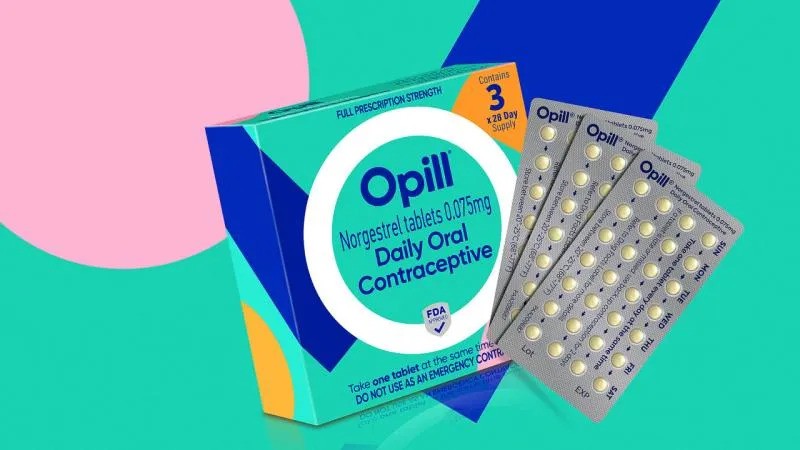November 20, 2024
Written By: Rachel Garr
DETROIT — On March 4, 2024, a new daily birth control pill was made available to purchase over-the-counter with no prescription needed.
Opill, a progestin-only daily birth control pill, was approved by the FDA in July 2023 to be sold over-the-counter in drugstores across the U.S.
Opill is intended to be taken once daily and contains a 0.075 mg dose of norgestrel, an oral contraceptive that contains the hormone.
“The nice thing about progestin-only is that it’s super, super safe,” said Dr. Serena Chen, Director of Advocacy at CCRM Fertility New Jersey. “If you get pregnant, it’s not harmful to the baby; if you have high-risk conditions, (…) you don’t have to worry about those things, which is why it’s a great over-the-counter option.”
Chen mentioned that typical prescription birth control pills contain both progesterone and estrogen, making them more effective than progestin-only pills.
“On progestin-only pills, you might not have controlled periods,” said Chen. “Progestin-only leaves less leeway for timing, so you have to be very regular.”
Still, Opill is advertised to be a 98% effective form of contraception despite only containing progestin.
“If you’re doing it over-the-counter and you combine it with condoms to protect yourself from STDs, then the two of them together can be super effective, so it’s really a nice option,” said Chen.
According to the FDA approval news release, availability of Opill allows consumers to purchase birth control without needing to consult a health care provider first.
Despite this availability, Chen said experts always recommend consumers see a medical professional prior to starting Opill if they are able, especially if pre-existing health conditions may impact their experience with Opill or simply to fully understand the medication.
“We still want people to see the doctor, just to get a GYN check-up once a year,” said Chen. “Some people do get irregular periods on it, and just being late on the pill or missing a day on the pill means you have to use backup contraception for at least another month because it is sensitive with the timing.”
Opill is available in stores like Walgreens, Target and CVS across the U.S for about $20 for a one-month supply, and about $50 for a three-month supply.
Additionally, Opill can be purchased without parental consent if consumers are under the age of 18. This is the first pill of its kind that can be purchased without both a medical prescription as well as parental approval.
“Before, a child could go into the doctor and get a prescription without a parent, which was great, but at least they still had their doctor to educate them on the risks and what to look out for if there are any problems,” said Lynn Duncan, a 60-year-old Michigan nurse and mother of four girls. “Without that education from a parent or a doctor, it concerns me that a young woman would just be able to go in and get it.”
Whether Opill will be a pioneer that encourages other companies to follow suit or if its lifespan on shelves will be threatened by its wide availability is not known. Still, the current presence of the pill is showing growth within reproductive care.
According to the National Women’s Law Center, the Trump administration’s Project 2025 aims to make birth control access more difficult by eliminating certain methods and allowing employers to refuse to provide birth control coverage for any reason. These goals have the potential to threaten options like Opill.
Opill has not yet made an exclusive statement regarding reproductive healthcare in 2025.
For more information regarding whether Opill is a good choice for you, consult a medical professional.



